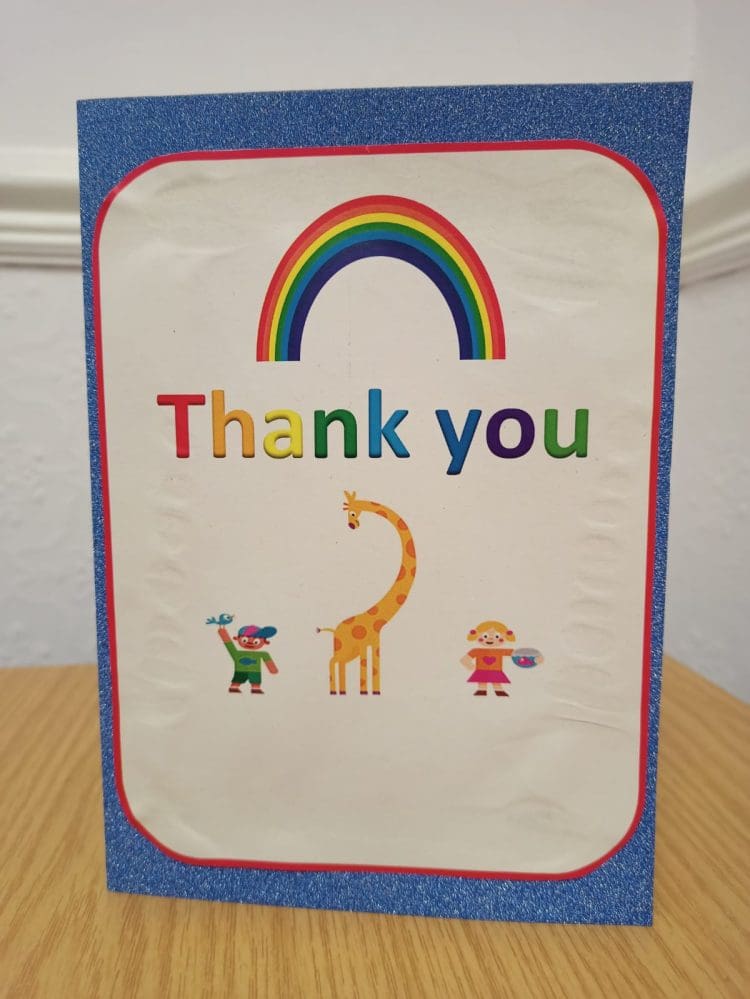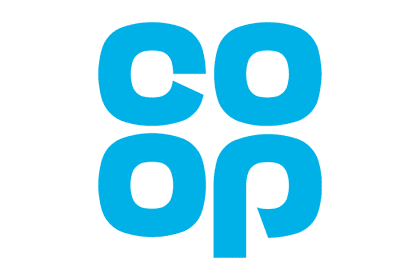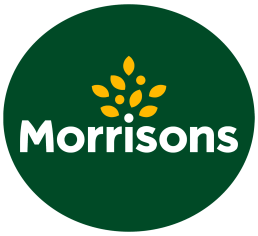Many of the young visitors to the Children’s Unit at Royal Oldham Hospital have complex needs and are often battling with life-limiting and life-threatening conditions. In order to improve the patient’s experience at a difficult time for both them and their families, the medical team would like to update their sensory room to provide a relaxing, calming and inviting environment. The project has been designed with the involvement of children and families visiting the hospital.
Sensory equipment, which includes lighting and colour effects, sound systems, bubble tubes, fidget toys, games and more, is invaluable for the wellbeing of children who are anxious and upset, and especially for those with learning disabilities and complex health needs. The current sensory room is very popular but it has not been updated for the past twelve years, and much of the equipment is old and overused. The space needs new padding, lighting, tactile equipment and a seating area, which should last a further twelve years and benefit up to 9,000 patients visiting every year.











